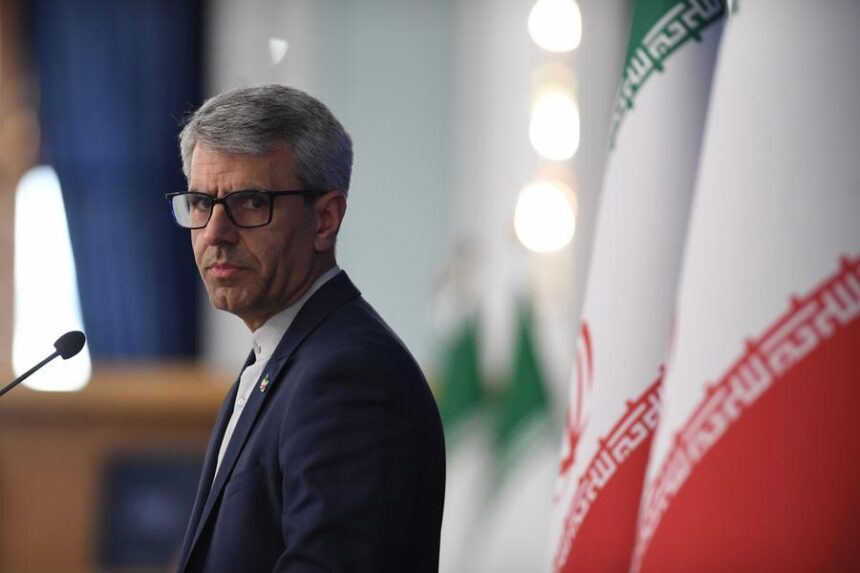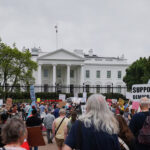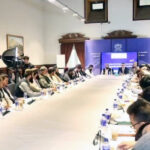Indirect talks between Iran and the United States over Tehran’s nuclear program and the removal of U.S. sanctions are “forward-moving,” with both sides agreeing to move to a new phase of negotiations.
Iranian Foreign Minister Seyed Abbas Araghchi and U.S. special presidential envoy Steve Witkoff held indirect talks on Saturday in Rome, with Omani Foreign Minister Sayyid Badr bin Hamad bin Hamood Albusaidi mediating the discussions.
Araghchi said the negotiations were progressing in a “constructive” atmosphere.
While the latest developments suggest diplomatic progress, analysts caution that the talks remain entangled in broader regional and geopolitical complexities, with a comprehensive agreement still distant.
CONSTRUCTIVE SHIFT
Araghchi described the four-hour Rome meeting as “good” and “forward-moving,” adding that both sides had reached a better understanding of several key principles and objectives.
He also confirmed that expert-level technical discussions will begin in Oman by next Wednesday, with a follow-up meeting between the chief negotiators scheduled for next Saturday.
This marks the second round of indirect dialogue between Iranian and U.S. delegations in just two weeks. The first round, held in Muscat on April 12, was described by both sides as “constructive.”
The talks show that despite recent shows of force, the United States is unlikely to risk a direct conflict with Iran, said Khalid Ahmed, an assistant professor of political science at Qatar University.
“The United States is under serious financial constraints and would not risk an open war with Iran,” he said, adding that compromises are likely, as both countries seek to refocus on economic stabilization.
Ahmed Al-Shezawi, a regional political analyst, believes that U.S. interests in the Gulf are vulnerable and that military options seem increasingly unrealistic.
“U.S. aircraft carriers in the Gulf remain within range of Iranian missile systems, and the confined geography of the region gives Iran significant leverage via its control of the Strait of Hormuz,” he said.
He pointed out that Washington’s inability to secure a military victory against the Houthis in Yemen, despite their far more limited capabilities compared to Iran, underscores the risks of confronting Tehran directly.













